ECS AI3: Serving Maven Since 2017
How AI Innovation Transformed the Battlefield
ECS Leaders on GEOINT AI’s Battlefield Impact, Key Lessons from the NGA Maven Program
For eight years, ECS has served as the prime AI Interoperability Integrator (AI3) for the now National Geospatial-Intelligence Agency’s (NGA) Maven Program, the Department of Defense’s (DoD) flagship AI initiative. Formerly known as “Project Maven” — under the DoD Algorithmic Warfare Cross-Functional Team (AWCFT), a part of the Office of the Under Secretary of Defense for Intelligence & Security (OUSD(I&S)) — Maven’s goal is simple: maintain decision advantage on the battlefield to empower and protect the U.S. Joint Warfighter.
ECS is a key enabler, first for the AWCFT and now for the NGA, in helping to transform the government’s ambitious vision for the program into an operational success — one that exemplifies the power of AI in national security.
“More Than a Program —
a Philosophy and a Promise.”
“Maven has always been more than a program,” said John Heneghan, president of ECS. “It’s a philosophy and a promise — one rooted in bringing frontier AI capabilities to the most pressing challenges in national security. ECS’ role as a lead Maven prime contractor since 2017 has been to deliver results. In doing so, Maven has become a cornerstone of the DoD’s AI strategy. It’s a testament to what’s possible when innovation meets purpose.”
Central to ECS’ role has been flexibility. “Maven was built for agility,” said Marshall Thames, senior vice president of Technology and Innovation at ECS. “It’s designed to adapt to new threats, new data, and new demands, and do it quickly by identifying and incorporating frontier technologies and leading partners — from emergent AI to the latest cybersecurity solutions. ECS has enabled this unprecedented agility, and it is a key part of what makes the program indispensable in today’s fast-paced defense landscape.”
Maven isn’t a tool or interface in and of itself. It is an end-to-end program that produces GEOINT AI — like detections, recommendations, and insights — that flow seamlessly and agnostically into downstream systems that consume it. This ensures interoperability across a wide range of user needs.
“While commercial software is part of the ecosystem and there are tools that leverage Maven’s outputs, ultimately they are fueled by accessing its high-quality AI capabilities,” said Thames. “Maven is the foundation, enabling a broad array of applications without locking users into a single proprietary ecosystem.”
“We’ve Consistently Driven Innovation That Meets Operational Needs.”
As the AI3 charged with onboarding traditional and non-traditional partners to meet Maven’s various needs, ECS has played a key role in the program’s evolution. “From delivering the first production-ready AI models to creating the Maven Data Center — which, at one point, surpassed AWS GovCloud in GPU capacity — we’ve consistently driven innovation that meets operational needs,” said Heneghan. “We’re proud of the milestones we’ve achieved.”
One standout example of ECS’ contributions is the Joint Warfighter Toolbox. “We developed this lightweight, government-off-the-shelf (GOTS) solution to extend Maven’s capabilities to users in environments where commercial tools might not be viable,” said Thames. “It’s a great example of combining advanced technology with user-focused design to enhance operational effectiveness.”
Over the duration of ECS’ program support
“The Future of Maven Lies in Multimodal AI.”
Looking ahead, both Heneghan and Thames emphasized the importance of staying at the forefront of emerging technologies. “The future of Maven lies in multimodal AI,” said Thames. “By integrating diverse data streams — imagery, radar, thermal, text — we can deliver richer, more actionable intelligence. Similarly, advancements in edge computing will enable real-time AI processing in contested environments, bringing capabilities closer to the point of need.”
Heneghan agreed, adding, “As the defense landscape evolves, Maven must evolve with it. However, it’s crucial to preserve its foundational principles, particularly its open architecture. This ensures the program can continue to incorporate the best technologies without being hamstrung by vendor lock-in.”
Ethics and accountability are equally critical to Maven’s long-term success. “We’ve built a framework for ethical and responsible AI development as we train on initiatives like the NGA’s Accreditation of GEOINT AI Models (AGAIM) and the GEOINT Responsible AI Training (GREAT),” said Heneghan. “These standards ensure that Maven remains trustworthy and transparent.”
“Balancing innovation with responsibility is key,” said Thames. “AI in defense is a powerful tool, but it comes with great responsibility. The principles we’ve established help maintain the trust of warfighters and decision makers who rely on Maven’s outputs.”
“Maven Is a Model for How AI Can Transform Defense Operations.”
Both Heneghan and Thames recognize the challenges that lie ahead as the Maven Program continues to evolve. “The exponential growth of data from satellites, drones, and other sources demands scalable, robust AI solutions,” said Heneghan. “Maven is uniquely positioned to meet this challenge, but vigilance is critical to avoid rigid, short-term fixes that could compromise the program’s long-term flexibility.”
“The stakes are high,” added Thames. “Our role is to ensure Maven continues to adapt and deliver, staying true to its mission of supporting the warfighter and protecting national security.”
As ECS looks to the future, its commitment to Maven remains steadfast. “This program is not just a success story. It’s a model for how AI can transform defense operations,” Heneghan concluded. “Together with our partners, academia, and other key contributors to the program, we can help ensure Maven continues leading the way in defense AI innovation for years to come.”
“Our work with Maven reflects ECS’ broader vision: advancing technology to meet the evolving needs of those who serve,” added Thames. “It’s an honor to contribute to a mission of such critical importance.”
Enjoy ECS Articles Like This One?
Don’t Miss Any.
 Tech Interruption Episode: Vibes, Vectors, and Very Real Threats
Tech Interruption Episode: Vibes, Vectors, and Very Real Threats
 Invisible Zero Trust: Stronger Security Without Slowing the Mission
Invisible Zero Trust: Stronger Security Without Slowing the Mission
Invisible Zero Trust: Stronger Security Without Slowing the Mission
 ECS Ranked #4 on Top 250 MSSP List for 2025
ECS Ranked #4 on Top 250 MSSP List for 2025




